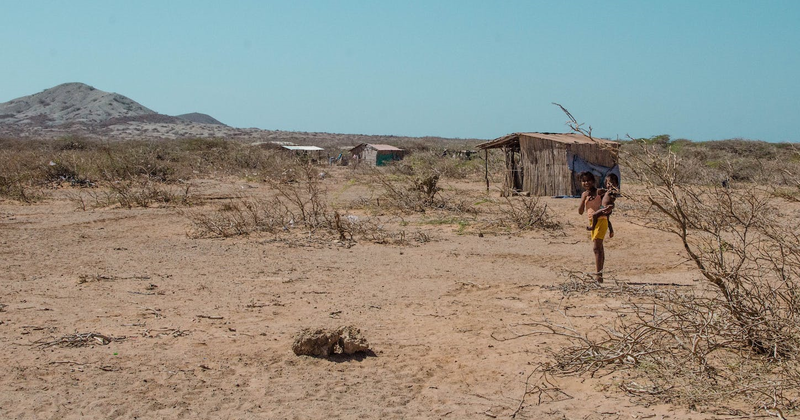
Access to clean water is a fundamental human right, yet millions of children in poor countries suffer from a lack of access to this basic necessity. The negative impacts of limited water access on children in these countries are far-reaching and detrimental to their health, education, and overall well-being. This essay will explore some of the key negative consequences of inadequate water access for children in poor countries.
Firstly, the absence of clean water sources poses a significant threat to children's health. In regions where water is scarce, children are forced to rely on contaminated sources such as stagnant ponds, dirty rivers, or unsafe wells. These contaminated water sources harbor numerous waterborne diseases, including cholera, typhoid, and dysentery. The lack of access to clean water and sanitation facilities leads to the rapid spread of these diseases, resulting in high mortality rates among children. Additionally, frequent illness from waterborne diseases hampers children's physical development, making them susceptible to malnutrition and stunting.
Secondly, the burden of water collection falls disproportionately on children, especially girls. In many impoverished communities, children, primarily girls, are responsible for fetching water for their families. This arduous task consumes a significant amount of their time and energy, often requiring them to walk long distances to distant water sources. As a result, children, particularly girls, are unable to attend school regularly, compromising their education and future prospects. This perpetuates the cycle of poverty, as education is a crucial pathway for breaking free from the cycle of generational poverty.
Moreover, inadequate water access also affects children's mental and emotional well-being. The constant struggle to obtain water takes a toll on their psychological state, causing stress, anxiety, and a sense of hopelessness. The emotional impact is further exacerbated by the realization that they are unable to fulfill their basic needs and lack opportunities for improvement. Without proper access to clean water, children are denied a chance to enjoy their childhood, play freely, and thrive in a safe and nurturing environment.
Furthermore, the economic implications of limited water access are significant. Water scarcity hampers agricultural productivity, which heavily relies on irrigation. In regions where water is scarce, farmers struggle to cultivate crops, leading to decreased food production and increased food prices. As a result, children suffer from malnutrition and a lack of essential nutrients, further impairing their growth and development. The economic hardships resulting from water scarcity also limit access to healthcare, education, and other basic services, deepening the cycle of poverty for generations to come.
In conclusion, the negative impact of limited water access on children in poor countries cannot be understated. From compromised health and education to psychological distress and economic hardships, the consequences are profound and long-lasting. Addressing the water crisis requires concerted efforts from governments, international organizations, and local communities. Investments in infrastructure, sanitation facilities, and education on hygiene practices are essential to ensure children have access to clean water, leading to improved health, increased educational opportunities, and a brighter future for generations to come. It is imperative that we prioritize the needs of these vulnerable children and work towards providing them with the basic human right of clean water access.
The mission of World Forgotten Children Foundation (WFCF) supports Community Development & Sustainability Initiatives in underprivileged communities. In 2020 WFCF funded the installation of a solar-powered water system to provide reliable and safe water at the Republic of Hope’s Bulangzi Garden and Orchard Complex in Zimba District, Southern Province, Zambia. Make a Donation today to support underprivileged communities and orphaned children with disabilities in developing countries.


